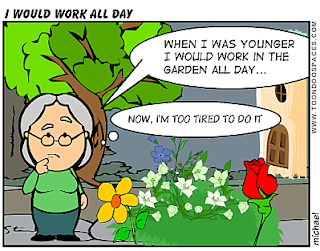Palavras que se confundem em inglês: Factory x Fabric

Confusing words Read the task below and click on a link which you think is the correct answer. Factory FACTORY => um lugar onde se fabricam coisas em grande quantidade Examples: Most modern factories have large warehouses. The new factory will provide employment for over 2500 people. Industrial robots on the factory floor were introduced in the late 1970s. -------------------------------------------------------------------------------- FABRIC = tecido CLOTH = pano Fabric Examples: Man-made fabrics have come in and out of fashion in different eras. As palavras "fabric" e "cloth" são usadas em corte e costura como sinônimos de têxtil. A factory of fabric Agora vá para este link e pratique o que aprendeu: Do the exercise

